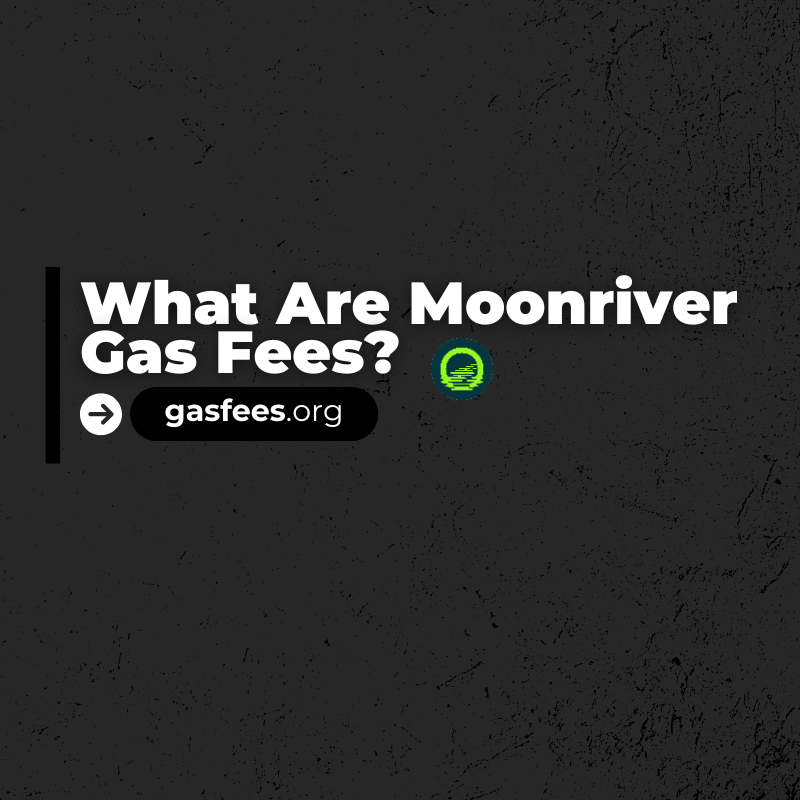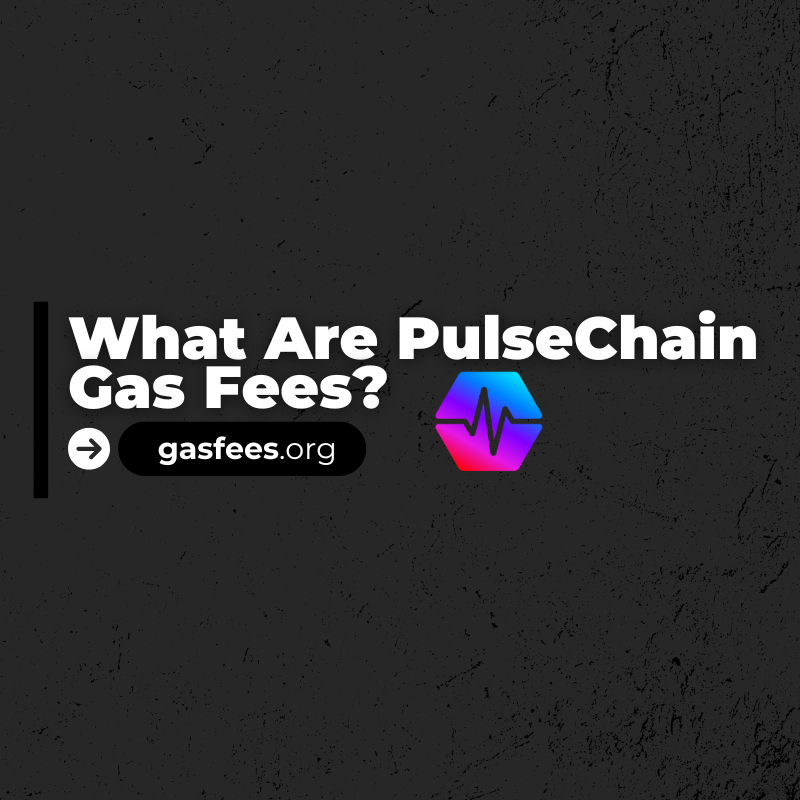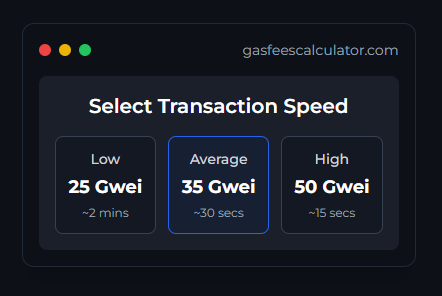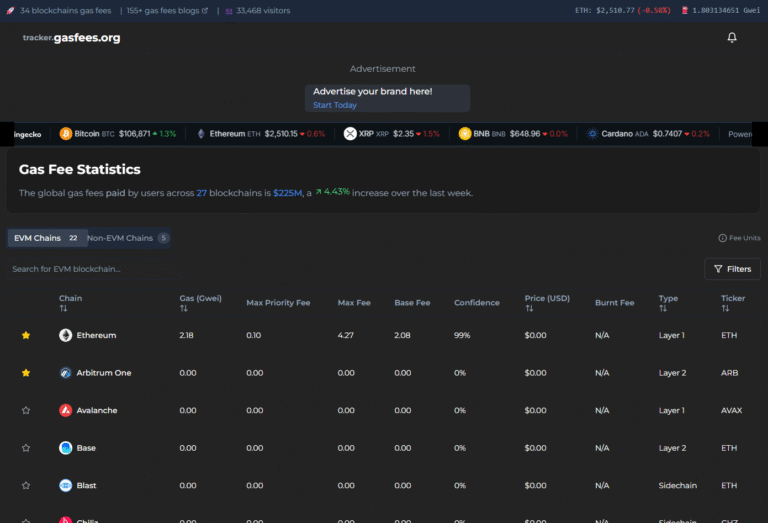What Are ThunderCore Gas Fees?
What Are ThunderCore Gas Fees? Written By: Mr. GasMan Key Takeaways from the ThunderCore Gas Fees Blog: 1. ThunderCore Gas Explained: Think of gas fees as the “toll” for blockchain actions, paid in the native token TT. Two crucial variables: Gas Price (your speed tip) and Gas Used (complexity of action). Gas prices dynamically adjust based on […]
What Are Moonriver Gas Fees?

What Are Moonriver Gas Fees? Written By: Mr. GasMan Moonriver, a vibrant parachain within the Kusama ecosystem, has captured the imagination of developers and users alike with its promising blend of fast transaction speeds, robust functionality, and incredibly low gas fees. Unlike Ethereum’s notorious gas price hikes, Moonriver offers a refreshingly affordable experience, making it […]
What Are PulseChain Gas Fees?

PulseChain, an Ethereum fork designed for lower transaction costs, operates with its own mechanism for gas fees, similar to Ethereum but with specific adjustments. Gas fees on PulseChain are the costs users pay in the native cryptocurrency, PLS, to execute transactions, interact with smart contracts, or deploy new ones on the network.
PulseChain aims to be significantly cheaper than Ethereum, with gas fees measured in “beats,” where 1 PLS equals 1,000,000,000 beats. The gas fee structure on PulseChain is influenced by network demand, transaction complexity, and the amount of computational work required. Just like Ethereum, when the network is congested, gas fees can increase due to competition for block space.
However, PulseChain has several optimizations in place, including faster block times (10 seconds instead of Ethereum’s 12 seconds) and a higher total supply of PLS, which contribute to lower gas fees. PulseChain also implements fee burning to reduce the supply of PLS over time, potentially increasing the value of the remaining tokens.
Despite these efforts, gas fees on PulseChain can fluctuate, particularly during periods of high activity like token launches or major DeFi operations. Users should check current gas price indicators or use tools like the PulseChain Gas Estimator extension to get the most up-to-date information on gas fees before executing transactions.


